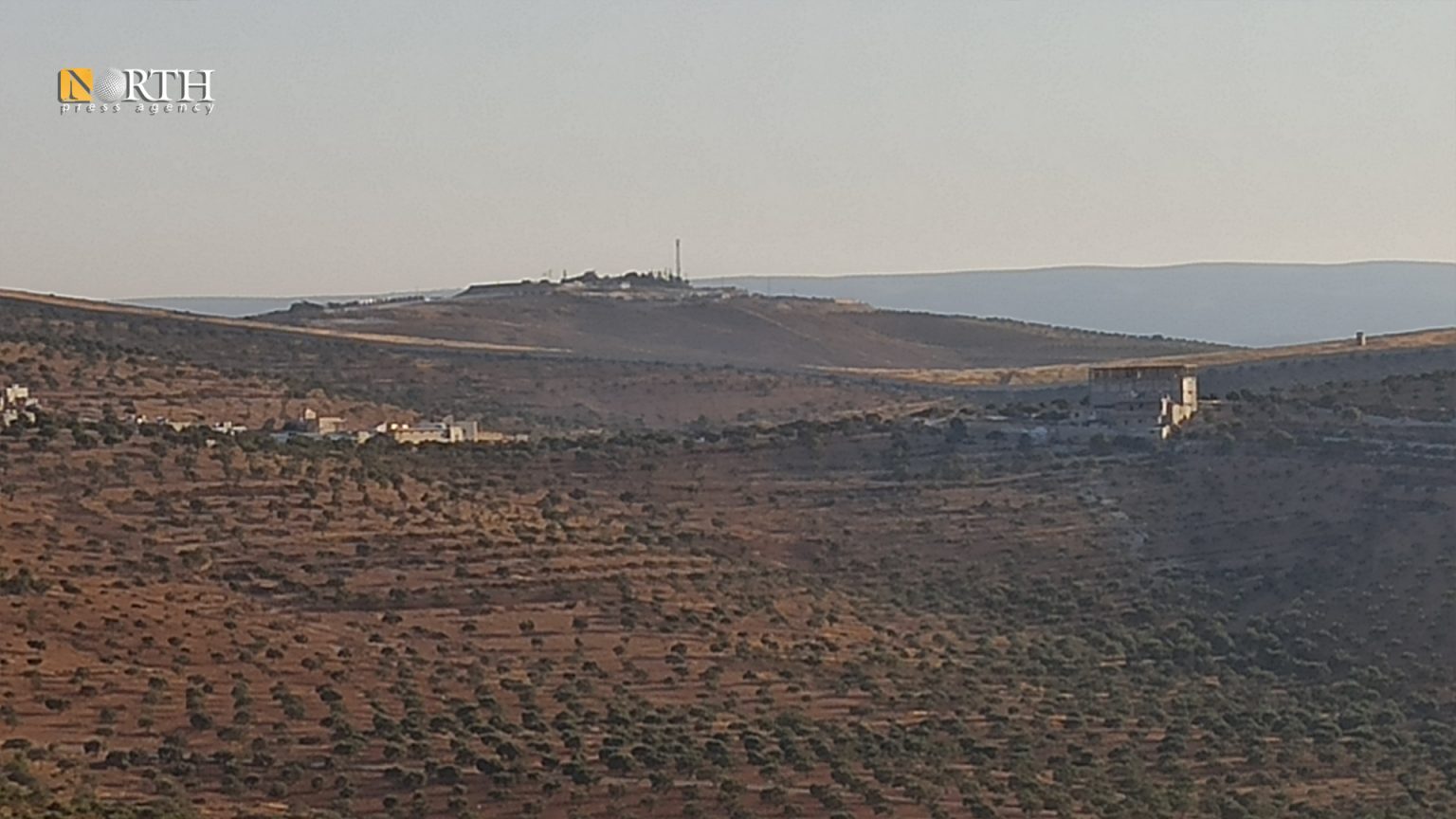IDLIB, Syria (North Press) – Fardous al-Ali, an IDP from the southern countryside of Idlib, managed to cross the Syrian-Turkish border after paying $850 to the smuggler and being beaten and at risk of being shot by the Turkish gendarmerie.
He said the poor living conditions of his family and his inability to secure a suitable job, forced him to think of escaping illegally to Turkey to look for work there that would help him to support his family.
The young man in his thirties was forced to leave his sick mother, wife and five children in a camp near the city of Harem, north of Idlib, and borrowed the amount he paid to the smuggler from one of his relatives abroad.
Al-Ali added that if he had such an amount in his house or the possibility of paying it from a job, “I would not have gone to Turkey and exposed myself to danger and humiliation at the hands of those who claim to be our brothers.”
About a month ago, the young man’s first attempt to cross the border north of Harem, was with 30 people, including women and children. After they managed to cross the first wall, they were surprised by heavy gunfire from the gendarmerie, who then managed to arrest the entire group.
The Syrian-Turkish border, especially in northern Idlib, witnesses illegal entering attempts to Turkey by dozens of people, accompanied by women and children, despite the risks.
The number of people trying to cross the Syrian-Turkish border has increased recently due to the deteriorating living conditions and the inability to secure the basic needs of their families amid the collapse of the value of the Turkish lira, according to the residents.
Deteriorating living conditions
The living conditions of the residents and the IDPs worsened in light of the continued rises in the prices of basic commodities, as the Turkish lira’s latest sharp downturn caused food price hikes in northwest Syria by 400%, and bread prices by 300%, according to a statement by the Syria Response Coordinators team.
The prices of non-food items have increased by 200%, and fuels by 350%, while poverty rates have increased dramatically exceeding 90%.
Abdullatif al-Geilani, an IDP from the city of Hama and living in Idlib, canceled the idea of leaving to Turkey after he was shot by the Turkish gendarmerie while he was trying to cross the border.
Al-Geilani tried a lot to smuggle to Turkey, but his entire attempts were unsuccessful and put his life in danger.
He said he is unable to secure a job in Idlib to maintain his marriage’s need, in light of the high prices of all materials.
People trying to cross the Syrian-Turkish border are exposed to many dangers that may sometimes lead to the loss of their lives as a result of Turkish border guards shooting at them directly.
In addition, they were beaten and tortured by Turkish soldiers in temporary detention centers, according to people who were arrested and returned to the area.
HTS Royalties
For years, the Border Security Offices of Hayat Tahrir al-Sham (HTS, formerly al-Nusra Front) known among the population as smuggling office have imposed $50 as an allowance for granting a license to a person seeking to cross to Turkey with a smuggler.
Ziyad Abu Arab (pseudonym), a smuggler from the border area with Turkey, north of Idlib, said Border Security imposes this amount on the pretext of organizing smuggling and preventing civilians from being subjected to fraud.
He pointed out that smuggling operations have increased recently, as dozens of people gather in the yard of his house near the border, and after midnight, they start trying to get them into groups.
People tend to smuggling routes because entering the Turkish territory safely through Bab al-Hawa border crossing needs paying more than $5,000 per person to HTS leaders.
The cost of smuggling varies from one region to another and according to the method of entry. In the cities of Harem and Urum al-Joz, prices range between $600 and $1,200 per person, according to Abu Arab.

